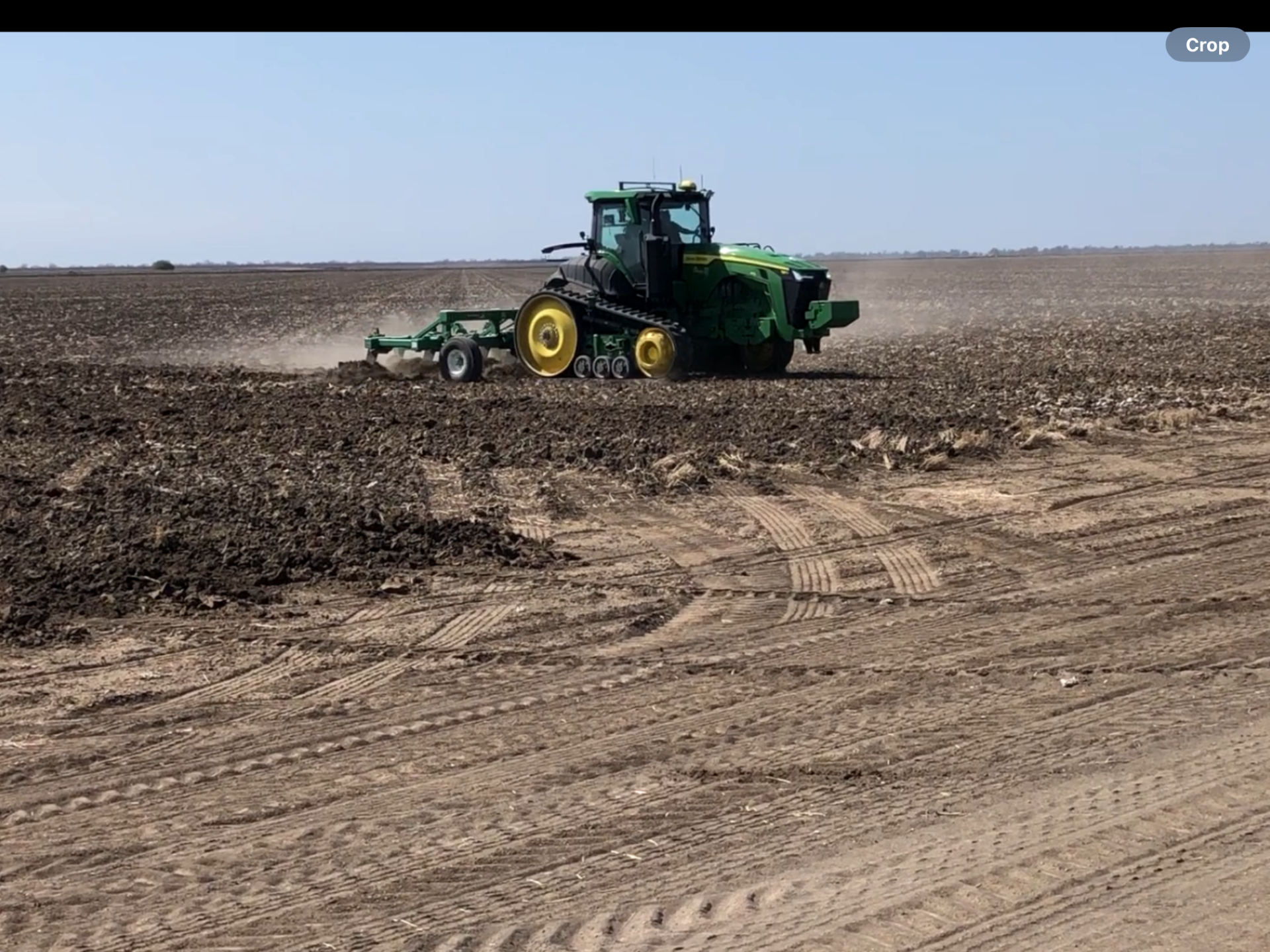Inverell Prime Cattle Sale – Tuesday 28th January
Inverell reduced numbers by 2072 head to offer 1392 good quality cattle.
Trends improved for most steer yearlings heifers firm to cheaper.
One multiple category buyer was absent but an extra cow buyer operated particularly on very heavy cows.
Light weaner steers were dearer to restockers 328c to 424c/kg.
Restockers also purchased the heifer portion 314c to 405c/kg.
Light yearling steers lifted 22c/kg while the same weight feeders were considerably dearer 284c to 398c/kg.
Medium weight feeder steers sold to firm trends while the background offering lifted 5c/kg.
Feeders over 480kgs softer by 6c/kg and similar weights to process were back 21c/kg selling to 330c/kg.
Light yearling heifers to background were back 18c/kg to top at 310c/kg with heavier drafts lifting 2c/kg and ranged 310c to 330c/kg.
Medium feeders dropped 6c/kg and heavy feeders lost 21c/kg to sell 280c to 330c/kg. Heavy grown heifers to process slipped 240c to 286c/kg.
Heavy cows lost 5c to 18c/kg ranging 270c to 295c/kg.
The best of the heavy bulls slipped 21c/kg and light bulls to process 234c to 264c/kg.
Stephen Adams MLA
Inverell Sheep & Lamb Sale Tuesday 28th January.
Inverell penned 1442 lambs and 668 grown sheep an increase of 506 head.
Dorper lambs suitable for processors and restockers were available.
Restockers bought big drafts of store Dorpers. Processor Dorper and crossbred lambs purchased by the trade.
Trends were mixed although processor competition was focussed on the heavy well finished drafts.
The sheep market responded in a similar fashion.
Light restocker lambs $65 to $83/head and a large draft of forward Dorpers sold to $155/head back to the paddock.
Trade Dorpers $90 to $147/head and heavy crossbred trade lambs made $180 to $195/head.
Lambs over 30kgs cwt made $250 to $269/head and the similar Dorper draft sold to $240/head.
cross hoggets made to $140/head.
Heavy ewes $115 to $124 and medium weights $55.50 to $85/head.
Wethers sold from $96 to $108/head.
Stephen Adams MLA.
Record beef prices make no dent in the American rush to devour burgers
The American love affair with burgers has been made enormously clear over the past year as beef demand grew to highs not seen in close to four decades despite record retail prices.
Thirty years of creating demand for United States beef was supporting the higher retail prices, even though very challenging cost-of-living pressures were at play, Rabo Research’s latest Global Animal Protein Outlook says.
The comprehensive report says global beef production is set to decline, driven by contractions in the US, Brazil, China and Europe, but Australia will be travelling the opposite way.
Australian beef production is expected to hit a new record in 2025 and to stay high.
Cropping’s way forward to achieve carbon neutral | Down to Earth
Fifteen per cent of the planet’s crops (220 million hectares) are grown by Conservation Agriculture (CA) technology, according to a Food and Agriculture Organisation of the United Nations (FAO) survey.
To Australian grain growers, this largely means zero till or no-till combined with crop residue retention. Australian growers are among the leading nations with 90pc of our crop grown by Conservation Agriculture.
On a world-wide basis the challenge is to encourage greater international adoption of Conservation Agriculture
Research supports that Conservation Agriculture is important for many factors.
These include erosion prevention, preventing slow decline in soil carbon, less energy use, better soil health, and greater crop yields.
Intensive tillage and monoculture practices have resulted in a slow environmental degradation that may ultimately jeopardize world food security.
Taking the bait: research uncovers mice, echidnas, go for fox and cat bait
New research has revealed that 1080 bait may not be as effective at targeting specific predators as first thought, with producers encouraged to monitor their baits to secure the best bang for their buck.
An experiment conducted in the semi-arid Big Desert-Wyperfeld region of southeastern Australia found non-target species accounted for 88 per cent of bait interactions, compared with 12 per cent of target species.
During 70 days of observation, only one dingo interacted with the non-poisoned meat bait, buried in accordance with baiting guidelines provided to farmers, primary industry workers and national parks staff. Foxes made up just 17 of the 146 total bait interactions.
Deakin University PhD student Rachel Mason and her research colleagues found small native mammals, kangaroos, and echidnas interacted with the bait most, sometimes trying a bite, or digging up the bait for other animals to find.
Wool market holds steady amid increased offering and currency shifts
The wool market has once again remained resilient despite a slight softening, with currency movements and a significant bale offering playing a key role in shaping prices and confidence.
After 36 cents a kilogram surge in the first week of auctions for 2025, the Eastern Market Indicator eased slightly last week, back 4c/kg to close at 1186c/kg.
The 49,692 bales on offer, the largest national offering since April 11,2024, exceeded the previous high by more than 7000 bales.
A strengthening Australian dollar meant the EMI gained US6c/kg, closing at US743c/kg.
Elders Northern/New England district wool manager John Newsome, Glen Innes, said the market was firm, in United States terms, especially on the better styles and types.
Peta pushes through icy discomfort to claim gold medal success
Cold showers and a trip through Scotland and England were just part of Peta Bradley’s preparation before winning three medals at an international competition.
Ms Bradley, who manages the sheep genetics program through Meat & Livestock Australia, recently returned from representing Australia in the sixth International Ice Swimming Association’s world championships in Molveno, Italy, where she won two silvers and a gold medal.
Like many Australians, swimming was always a part of life for Ms Bradley, but it was not until she joined the workforce while living in Armidale that she became part of an adult swimming group.

